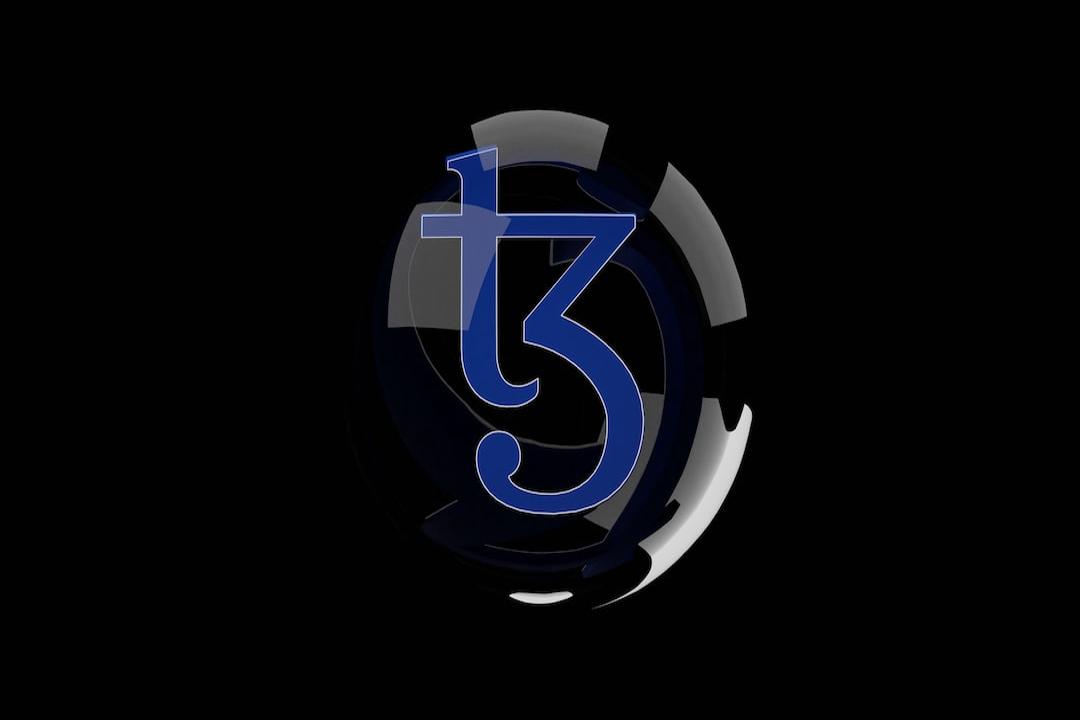Justin Sun, a prominent figure in the cryptocurrency industry, has exciting plans to launch a stablecoin that eliminates the need for gas tokens. This means that users will be able to make transactions without incurring any fees. While Sun hasn’t revealed the specific details of the stablecoin solution, he has announced that it will be integrated on the Tron blockchain in the fourth quarter. In addition to Tron, Sun also plans to expand the availability of the stablecoin to other Ethereum Virtual Machine-compatible public chains.
Sun believes that gas-free stablecoins have the potential to revolutionize the way stablecoin services are offered by companies. By using stablecoins to cover the transaction fees, he envisions a greater adoption of blockchain technology. Tron currently dominates the market for peer-to-peer stablecoin transfers, processing significantly more volume than its closest competitor, Ethereum.
The introduction of Tron’s gas-free stablecoin solution could pose competition for existing offerings such as PayPal’s PYUSD, which allows certain US users to make cross-border payments without fees. Circle’s USD Coin on Ethereum’s layer 2 Base via Coinbase Wallet already enables free transfers. It is worth noting that Circle and cryptocurrency exchange Binance recently stopped supporting USDC on Tron, which may have motivated Tron to develop its own solution.
Tron is also exploring the development of a Bitcoin layer-2 solution that would support a wrapped version of Tether, potentially bringing a significant amount of capital into the Bitcoin ecosystem. In the meantime, Tron is using cross-chain protocols to bridge USDT and other tokens between the Bitcoin and Tron networks.
While stablecoin holdings among investors have decreased in recent months, with Bitcoin being the largest single asset held, Sun’s gas-free stablecoin solution could potentially attract more interest and investment. Retail traders, as well as institutions, continue to favor Bitcoin over Ethereum, despite the growing optimism for Ethereum Spot ETFs. Institutional positions in Bitcoin have consistently increased since the approval of Bitcoin Spot ETFs by the SEC in January 2024, while Ether positions have seen a surprising decrease. This suggests that institutions view Bitcoin as the more attractive option, possibly due to concerns about Ether Spot ETFs not including staking rewards. On the other hand, retail traders have shown their ability to time the market during the recent correction in March-April 2024.
Overall, Justin Sun’s plans to launch a gas-free stablecoin and Tron’s exploration of other blockchain solutions demonstrate their commitment to innovation in the cryptocurrency space. Their efforts have the potential to reshape the way stablecoin services are offered and attract more interest from investors.

